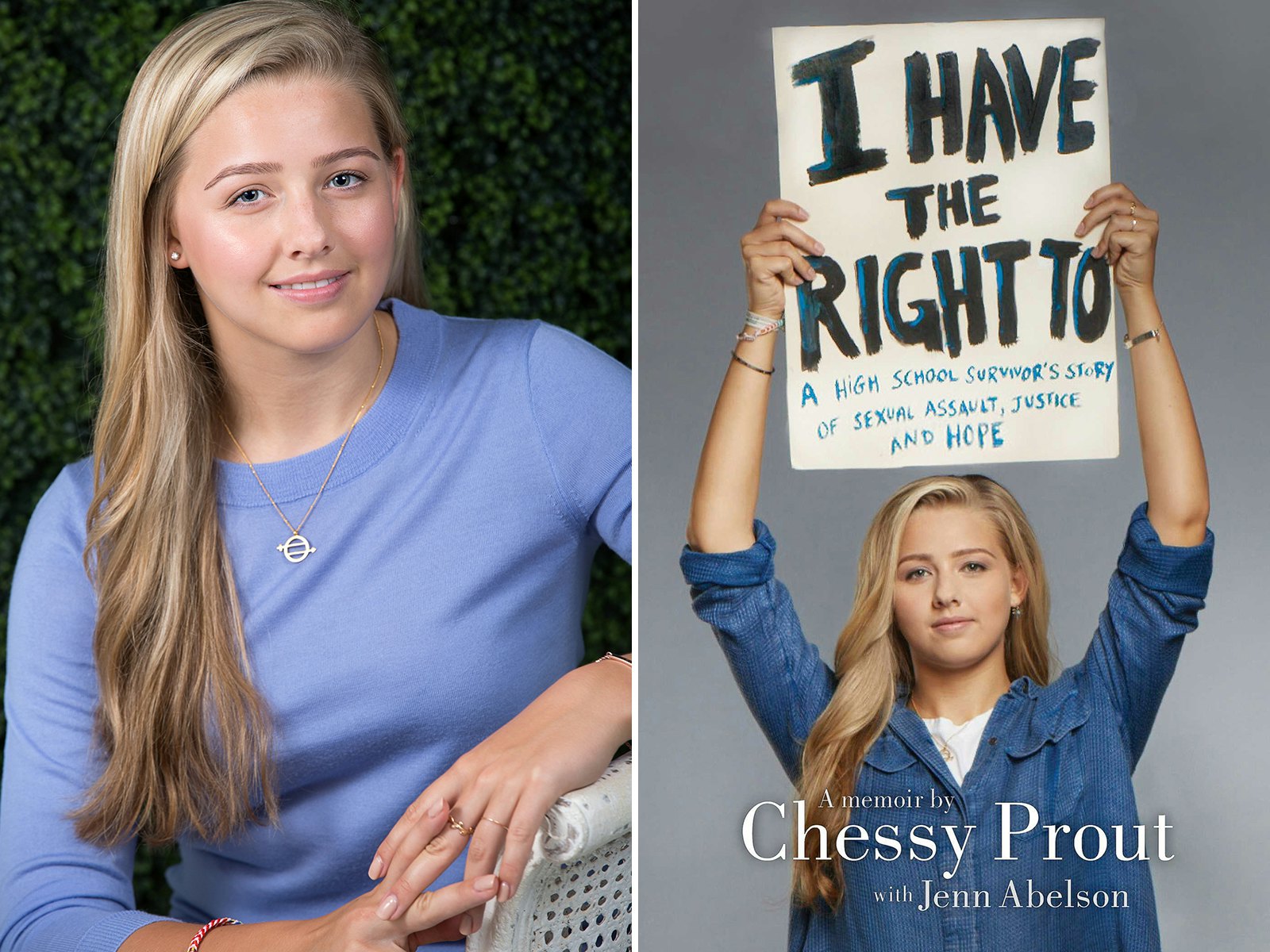

But I also wanted to show through writing my story in a book that we're so much more than just our assaults. And it's so important again, to put the power and control back in the survivors hands and let them seek justice in the ways that they want to. Because it's shown that the first person that a survivor discloses to, their reaction can really help mold their healing process. Well, I feel like just the baseline, when a survivor discloses to you, just believe them. What message is most important for you as an advocate to get out? And it's always really nice to connect with other survivors and talk to them, listen to them, just sympathize with them, because I mean we are a community, a large community.Īnd you've been very active as an advocate for survivors of sexual assault since going public in 2016. And the way that my friends were understanding and wanted to help and talk with me about this, and who were excited when they heard that other schools were starting to approach this issue seriously, was really heartening to see. The response from family and friends was astounding. And at first I didn't believe her, but that's the way it's been and I'm so grateful for that. Well, right before I did my first ever interview to shed my anonymity on the Today show, a good friend of mine, Delaney Henderson, told me that for every one negative comment there was, there would be 20 or 30 positive comments to match it. Because too often our perpetrators are given these long descriptions of all the things that they've had to lose because of the crime they committed, but nobody really takes into account what the victims or survivors have to lose and the trauma that we're going have to deal with for the rest of our lives.Ĭan you tell us about some of your experience since you have gone public with this story? But I feel like with the support that I was able to get from my family and the community that I moved back to after my assault, in Florida, I felt like I had almost the responsibility to keep on fighting for justice, and I really wanted to show the humanity behind the word victim or survivor. (Editor's note: this transcript has been edited lightly for clarity.)Ĭhessy, I want to ask you what made you want to write your story and why release the book? I imagine this must have been a very long and hard process. Morning Edition Host Rick Ganley talked with Prout about activism and her new book. In the book, I Have the Right To: A High School Survivor’s Story of Sexual Assault, she provides an unfiltered look into her assault and her decision to go public as a survivor. Paul’s School in Concord, where she was sexually assaulted as a freshman. Chessy ultimately finds strength in educating teens about consent and empowering them to use their voices to heal the world.Chessy Prout has released a new memoir in which she talks about her time at St.

This memoir explores the role of family, faith, and forgiveness in overcoming trauma. She launched the #IHaveTheRightTo campaign to encourage people to claim their rights to their bodies and their voices, and to stand together in support of victims of sexual violence. At age 17, Chessy broke her silence on the Today Show to let other young survivors know they are not alone. The support Chessy received from her family and social justice advocates helped the teenager turn her pain into power - a poignant journey that embodies tikkun olam. Her willingness to stand up to the school’s toxic culture and pursue justice resulted in swift backlash: girls shunned her, boys bullied her, and school leaders tried to intimidate her. After Chessy Prout was sexually assaulted as a 15-year-old freshman at an elite boarding school, she bravely reported her attacker to police and testified against the popular senior in a trial that attracted international attention.


 0 kommentar(er)
0 kommentar(er)
